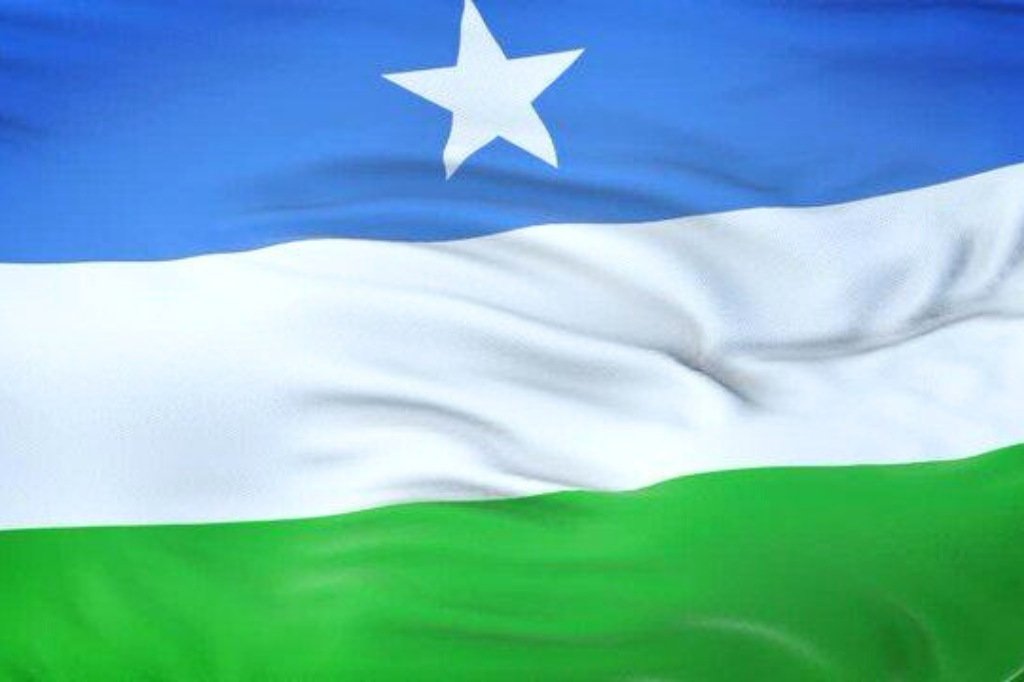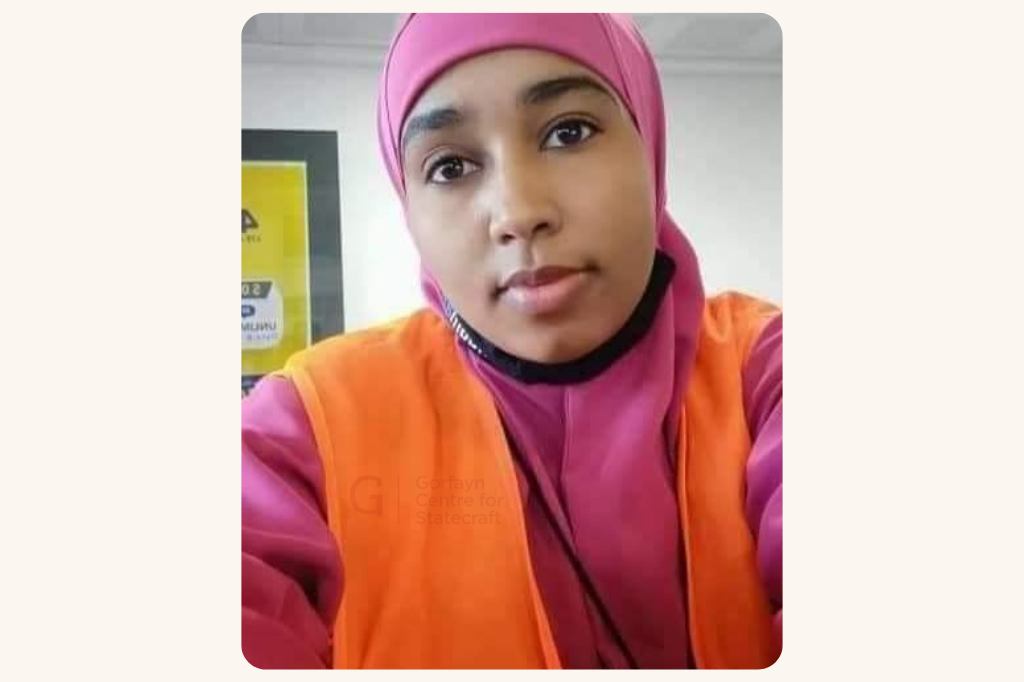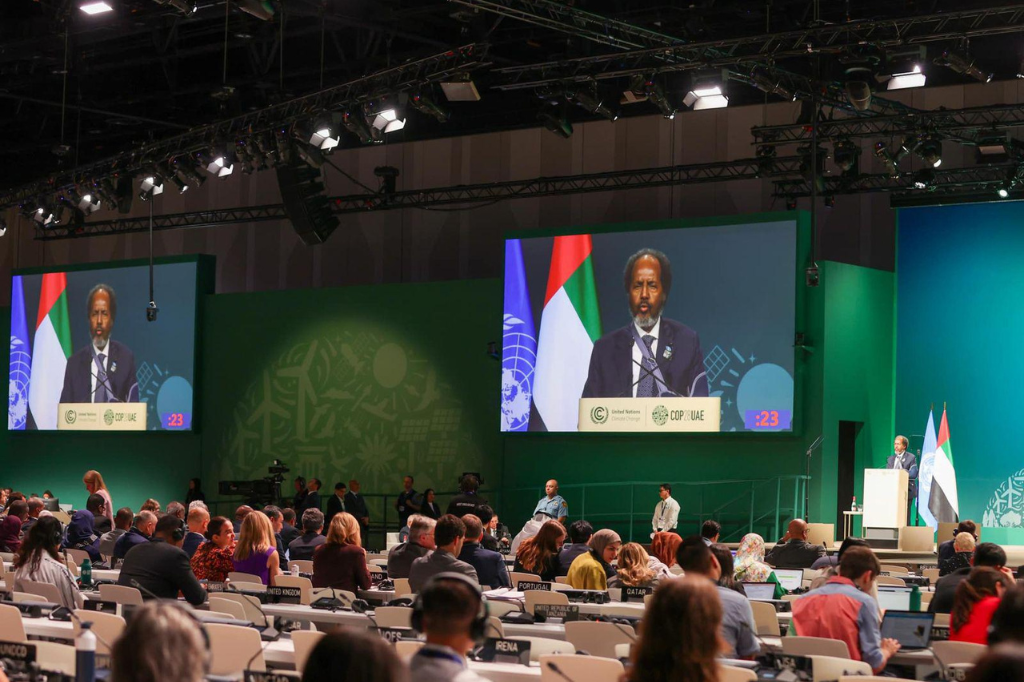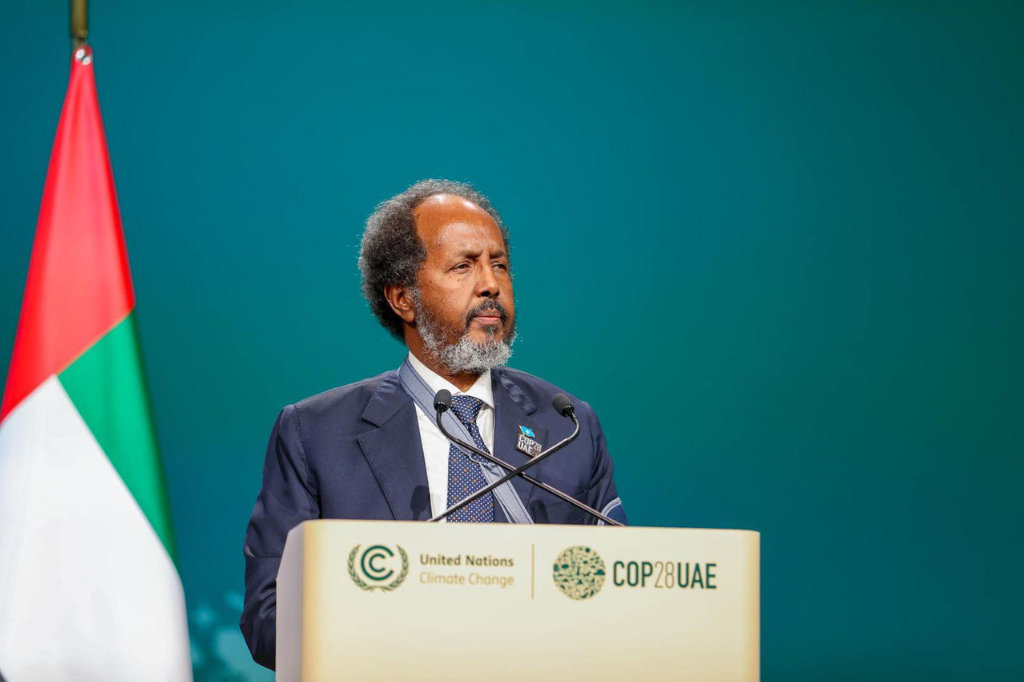
Election in Puntland: A Historical Overview

After a tumultuous election year marred by electoral model disagreements that, in some cases, led to armed clashes, Puntland parliamentarians head to the polls on January 8, 2024. As has been the norm, Puntland conducts elections on a quinquennial basis, in a process wherein the 66 Members of Parliament elect both the President and the Vice President.
Despite the efforts of the current administration to conduct a 1p1v (one-person, one-vote) elections, this year’s election will be held on time, and there have been no alterations to the established clan-based election model. This decision comes after a prolonged period of political deadlock between the incumbent president Saiid Abdullahi Deni, and opposition leaders.
The incumbent president has staunchly advocated for the implementation of 1p1v elections throughout his presidency. However, his attempts faced outright rejection from the opposition factions. Consequently, the electoral process will adhere to the traditional method, wherein the 66 Members of Parliament will elect the next regional leader and his deputy.
Puntland elections: A retrospect
Over the course of Puntland’s 25-year-long administrative existence, a significant transformation took place through a series of noteworthy electoral events. The initial phase, spanning from 1998 to 2008, marked a period characterised by historic elections. This epoch was particularly crucial as the state was recovering from the aftermath of the Somali civil war.
Within this timeframe, two significant elections took place, each contributing to the state’s democratic process. The first election was between Abdullaahi Yuusuf Ahmed, a founding father, and Jama Ali Jama. Despite the backdrop of tensions and a brief armed confrontation, the election concluded amicably, saving the regional state from major conflicts. In the second parliamentary-based election, contested by Adde Muuse Boqor and Mohamed Abdi Haashi, Boqor secured the seat with a narrow margin of five votes. in later elections, five votes prove to be significant in Puntland context.
In the subsequent phase of the democratisation process, spanning from 2008 to 2019, the regional state witnessed substantial progress in the political, economic, and social domains. Two presidents, Abdirahmaan Faroole, widely believed to have modernised Puntland, and Abdiweli Ali Gaas, presided over this period.
Faroole endeavoured to reform the electoral model, transitioning from a clan-based system to a one-person, one-vote model. Despite his efforts, Faroole faced challenges, and the proposed changes did not come to fruition. However, he moved the needle by laying the foundation for a future 1p1v elections. Notably, Faroole competed with Gaas as the sitting incumbent, ultimately losing by just one vote.
In 2019, the state’s capital hosted another fiercely contested election that marked a significant juncture in the state’s political scene. During this electoral event Said Abdullahi Deni secured victory with a second round majority. What set this election apart was a departure from the usual pattern where incumbents typically enjoyed a robust support base at the initial rounds. In contrast, the incumbent Gaas didn’t make to the second round, rendering this election historically noteworthy in Puntland elections.
2024 brought new challenges
The current incumbent president, Said Deni, in an attempt to reform the electoral system, relentlessly pursued the implementation of a universal suffrage elections. The administration initiated the election process, including ID issuances. It is noteworthy that for the first time in Puntland’s history, President Deni managed to hold successful elections in 30 local districts. However, as the president’s term neared its end and due to a perceived lack of inclusive engagement, opposition leaders opposed the proposed model. They cited concerns over irregularities and the potential for political crisis.
As predicted, months of political deadlock ensued, leading to clashes within the capital. After protracted negotiations, an agreement was reached, resulting in the decision to adhere to the traditional clan-based electoral system.
In conclusion, the Puntland administration has witnessed numerous elections, each prompting concerns about its process and conduct. This year’s election, forecasted as the closest contested, stands out because of the heightened sense of enthusiasm and apprehension compared to previous ones. As candidates keep dropping out and new frontrunners keep emerging, who will be victorious is anyone’s guess.
Related News




Somalia’s Single-Use Plastic Bag Ban Was Long Overdue

Election in Puntland: A Historical Overview


Somalia at COP28 Recap: Key Highlights and Outcomes

Breath of Fresh Air: The Force Behind Mogadishu’s Newfound Security

